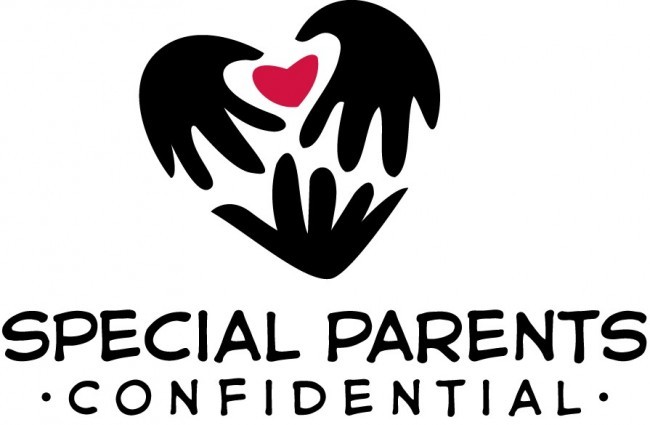Special Parents Confidential Episode 16 Gigi’s Playhouse
For many parents one of the challenges in raising a child with special needs is finding the right therapy for your child. Sometimes we get lucky and find the right kind of therapy right near where we live. Unfortunately for some people there’s nothing nearby that can help. Travel can be an option depending on distance, and financial ability. But for many the only option is to simply wait and hope that the therapy will someday come to them.
Then there are those who don’t wait. They decide that they will do what it takes to bring the therapy to their area to help others as well as themselves. Our guest on this episode of Special Parents Confidential is someone who is doing that right now.
Mika Vuto is the mother of a young girl with Down Syndrome. Although there are therapies available in her town of Gainesville, Florida, there was one group she had heard about, Gigi’s Playhouse, that looked like an incredible asset that could help many people… because they offer their services for free. Unfortunately the closest Gigi’s Playhouse was in Atlanta, Georgia.
Finally Mika decided to open her own franchise of Gigi’s Playhouse in Gainesville. She talks to us in this episode about her journey from a mom looking for help to a community leader who wants to make a difference for her daughter and many other families with members affected with Down Syndrome. She also talks about the services Gigi’s Playhouse offer to children and parents.
The Gainesville Florida Gigi’s Playhouse is scheduled to open in 2015. You can find out more about them and learn how to make a contribution to help by visiting their Facebook Page. You can also learn about their progress on their blog.
As always a reminder that if you like this episode of Special Parents Confidential or any episode we’ve done, please share our site with your friends, family, and all your connections on social media. You can do this easily with the social media buttons located right below this paragraph. Like us on Facebook, follow us on Twitter, add us on Google Plus, or any of the other sites like Tumbler, Linked In, Pintrest, Stumble Upon, Reddit, and others. You can also sign up for our email service and have new posts and podcast episodes delivered right to your inbox the moment they’re available online. That form is located to the right of this text. We’re also on iTunes and Stitcher and if you have a moment, feel free to write a review about our podcast there. Anything you can do to help spread the word about Special Parents Confidential will help us be able to continue these podcasts.
Thanks for your support!
Podcast: Play in new window | Download
Subscribe: RSS




